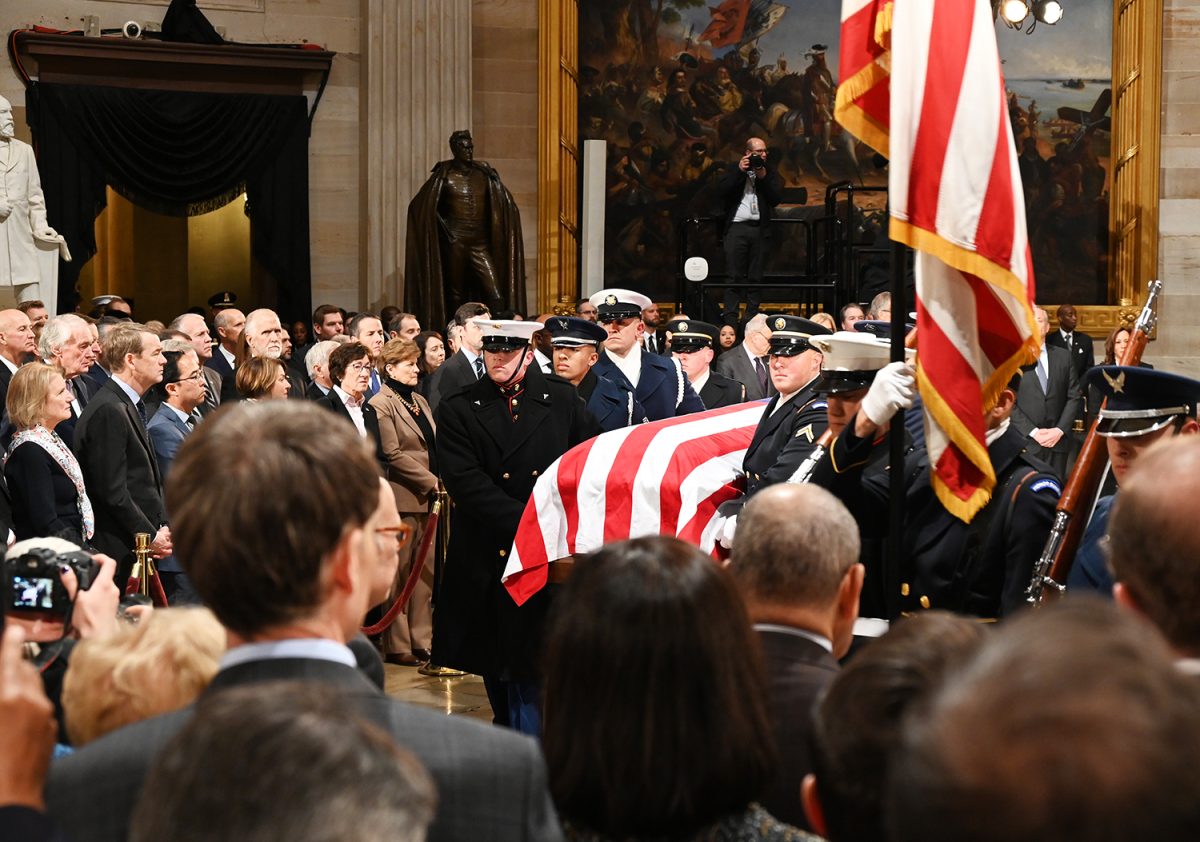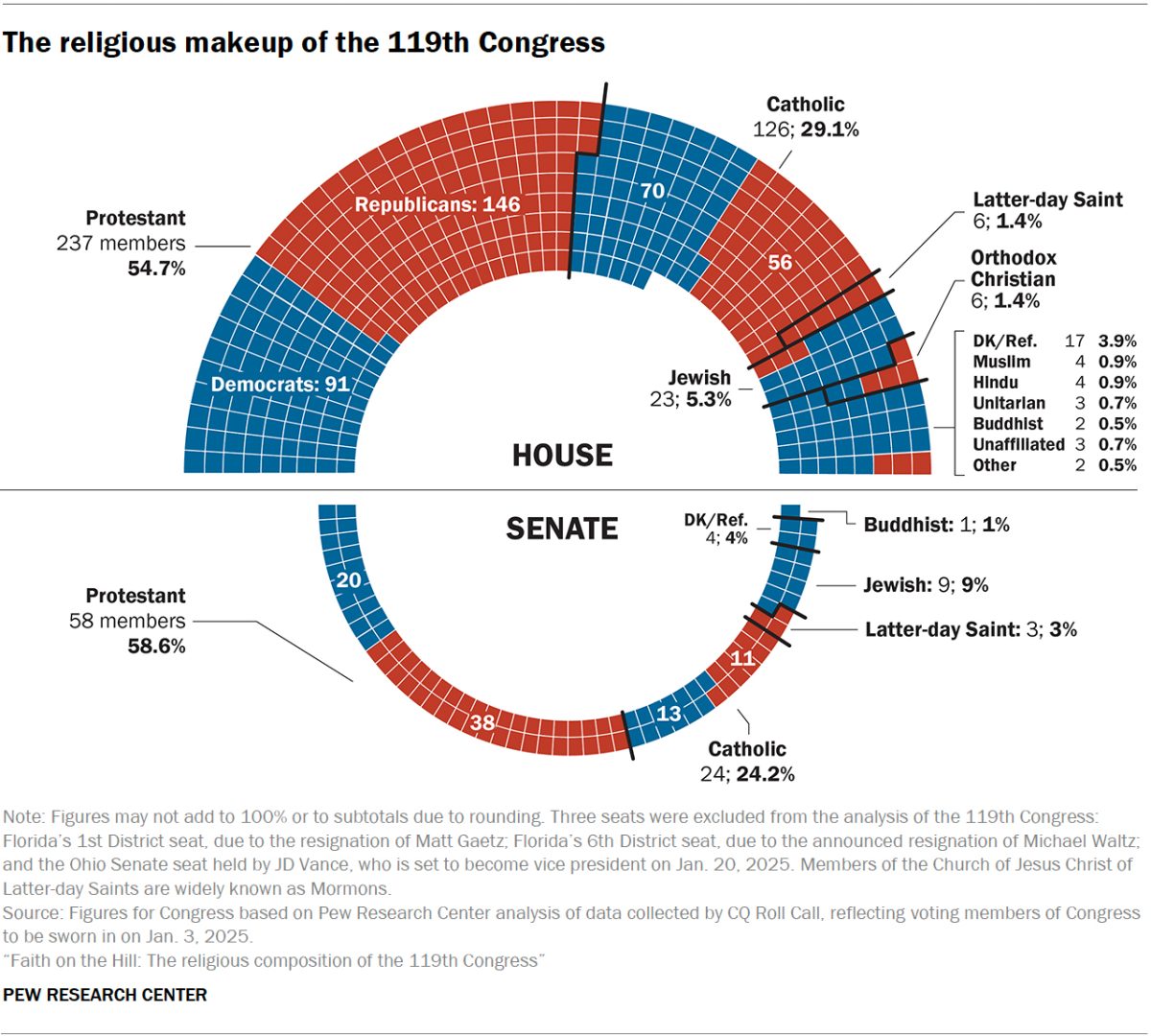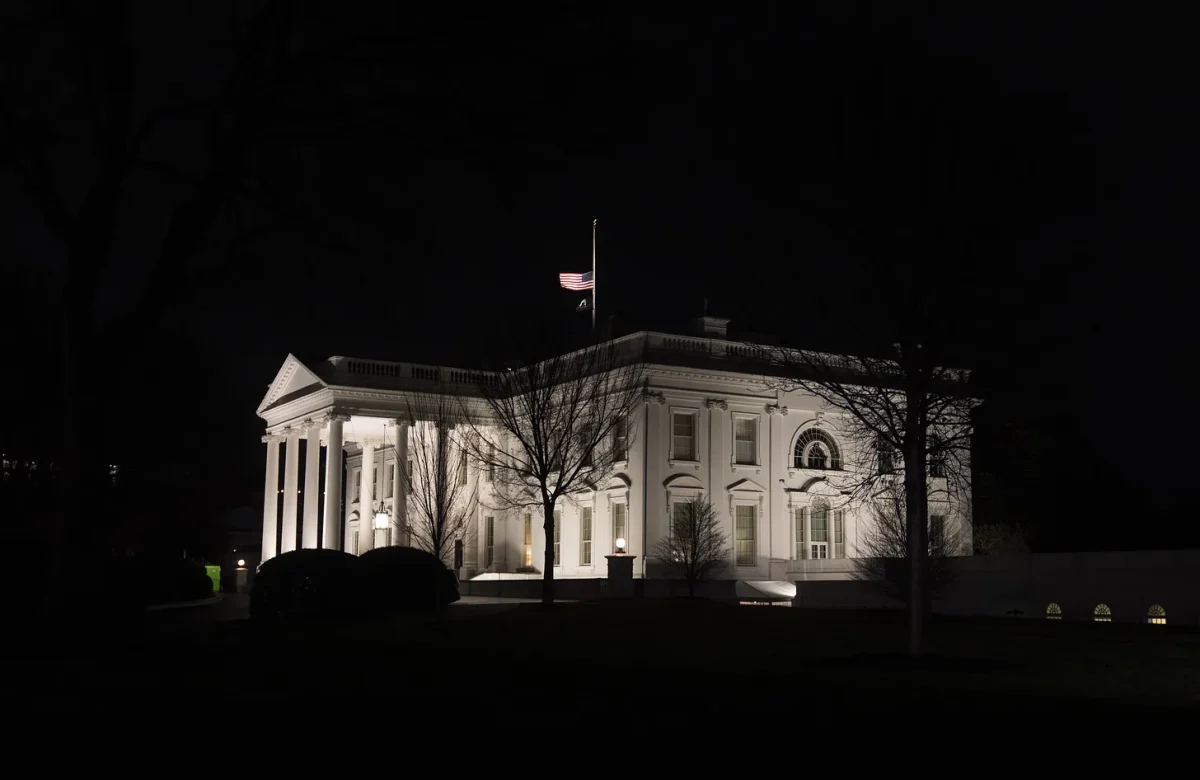At Capitol Service, Dignitaries Laud Late Jimmy Carter as a ‘Good and Faithful Servant’
‘The son of man did not come to be served but to serve, and Jimmy Carter did his very best to live according to the calling of his Lord and Savior,’ said U.S. Senate Majority Leader John Thune.










